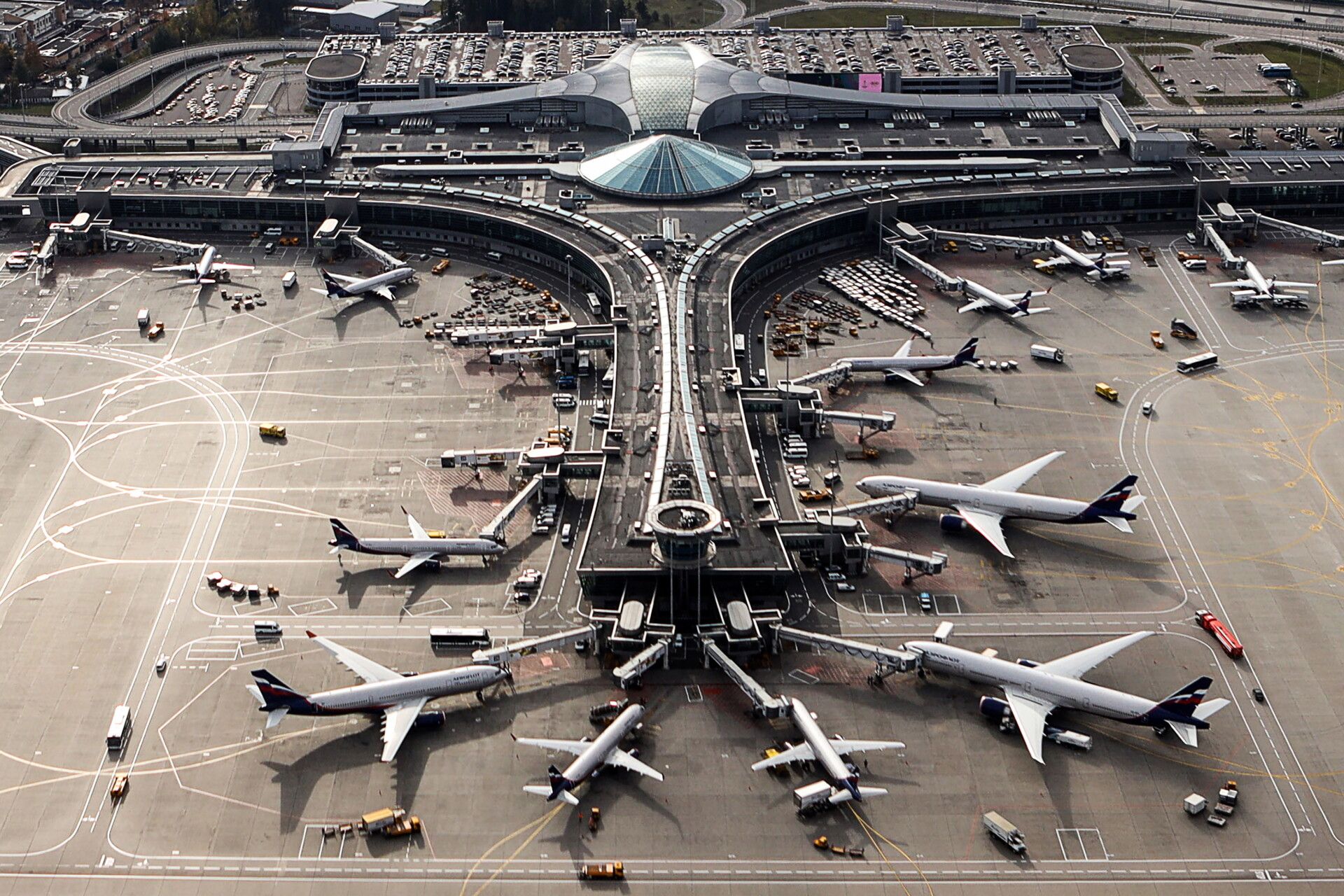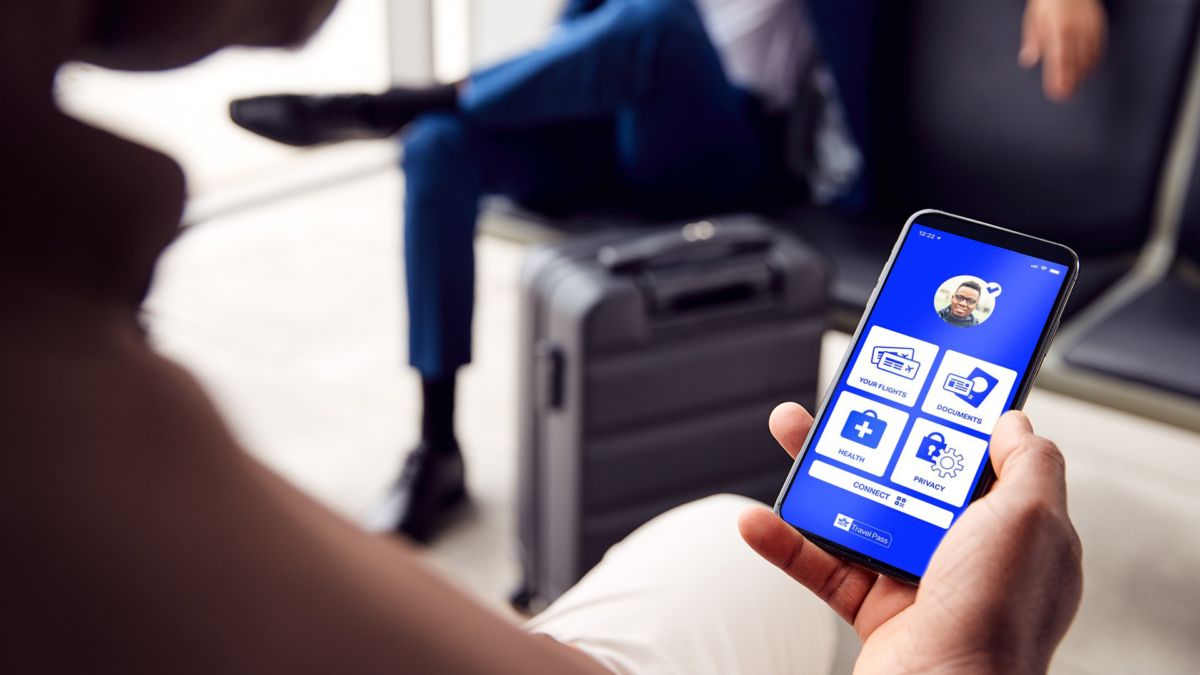The International Air Transport Association (IATA) is warning that the response by governments to the emerging Omicron variant of the coronavirus is threatening the recovery of international travel. In a statement released on December 2, 2021, the Geneva-based organization said it had seen a marked improvement in domestic and international travel.
However, with a new, possibly more contagious strain of COVID-19 emerging, the group is worried that government-imposed travel bans will halt the recovery in air travel. Despite the advice from the World Health Organization (WHO) telling governments not to panic, several are imposing restrictions that include telling travelers they must take a COVID-19 polymerase chain reaction (PCR) test and prove a negative result before being able to board a plane.
The numbers were lower but better than 2020
Because comparisons between 2020 and 2021 would be vastly distorted due to the COVID-19 pandemic, IATA compared October 2021 figures to those of the same month in 2019 before the pandemic to show how air travel was recovering.
- Demand for air travel in October 2021 measured in revenue passenger kilometers (RPK) was down by just under 50% when compared to October 2019.
- Domestic air travel was down 21.6% compared to October 2019.
- Demand for international flights was down a whopping 65.5% when compared to 2019.
While the above figures appear grim reading, they are in fact a massive improvement on the previous year's numbers during the height of the medical emergency.
When speaking in the statement about the numbers, former British Airways boss and now IATA's Director General Willie Walsh said:
"October's traffic performance reinforces that people will travel when they are permitted to. Unfortunately, government responses to the emergence of the Omicron variant are putting at risk the global connectivity it has taken so long to rebuild."
International Passenger Markets
- In Europe, international travel in October was down by 50.6% compared to the same period in 2019.
- In the Asia-Pacific region, airlines saw their air traffic figures fall by 92.8% compared to 2019.
- In the Middle East, airlines saw a 60.3% decline in air traffic compared to October 2019.
- In North America, airlines experienced a 57% decline in passenger numbers compared to October 2019.
- In Latin America, carriers saw a 55.1% decline in October air traffic when compared to the same month in 2019.
- In Africa, air travel was down 60.2% compared to October 2019
Stay informed: Sign up for our daily and weekly aviation news digests.
Domestic passenger markets
- India saw a decline of 27% in air traffic this October when compared to October 2019.
- In Russia, the October trend was much better, with an increase of 24% when compared to the same period in 2019.
When speaking about the current situation and the lifting of the travel ban in the United States Willie Walsh said:
“The lifting of the US restrictions on travel from some 33 countries last month raised hopes that a surge in pent-up travel demand would buoy traffic over the coming Northern Hemisphere winter.
“But the emergence of the Omicron variant panicked many governments into once again restricting or entirely removing the freedom to travel—even though WHO clearly advised that ‘blanket travel bans will not prevent the international spread, and they place a heavy burden on lives and livelihoods.’
“The logic of the WHO advice was evident within days of Omicron’s identification in South Africa, with its presence already confirmed in all continents. The ill-advised travel bans are as ineffective as closing the barn door after the horse has bolted.”
Last month, IATA released a Blueprint (PDF) to help governments safely re-open their borders with data-driven decision-making. Specifically, IATA urged governments to focus on three key areas:
- Simplifying health protocols
- Digital solutions to process vaccine certificates
- COVID-19 measures proportionate to risk levels dependent on infection rates in certain counties with a continuous review process
What do you think about what IATA is sharing? Is the organization right, or should governments impose stricter measures? Please tell us what you think in the comments.



